Introduction: In this article – to help celebrate today being the 19th Amendment’s 100th anniversary – Jane Hampton Cook writes about a key moment in the fight to give women the right to vote. Jane, the former White House webmaster for President George W. Bush, is a presidential historian and the author of ten historical books. She is a consultant for the Women’s Suffrage Centennial Commission. Her works can be found at janecook.com.
The newspaper headlines couldn’t have been more nail biting 100 years ago in mid-August 1920: only one more state was needed to ratify the 19th Amendment and guarantee all women voting rights.
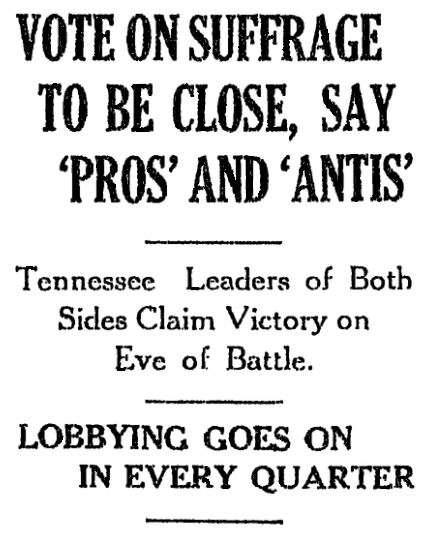
States such as Virginia, Mississippi, Maryland and Delaware had voted against the 19th Amendment. Because the odds of one of the other remaining states, such as Louisiana, ratifying it were slim, suffragists had strategically chosen Tennessee as their best shot for final ratification.
Passing in the Tennessee Senate, the ultimate success or failure had come down to Tennessee’s House. One obstacle was obvious. Tennessee’s House speaker opposed it. “We have ratification beaten, that is all there is to it,” Speaker Seth Walker declared in that Times-Picayune article.
For days lobbyists had packed Nashville’s hotels. Suffrage leaders had tried to stay confident, despite the recent defection of seven state representatives. These lobbyists gave out roses. Yellow roses signaled support. Red roses signaled opposition.
A procedural vote the morning of August 18 resulted in a tie. Smelling failure through another tie vote, Speaker Walker seized the moment and called for a vote on the amendment. By the narrowest of margins (50 of the 99 members voted yes), Tennessee’s House of Representatives approved the 19th Amendment. Newspapers quickly reported the news.
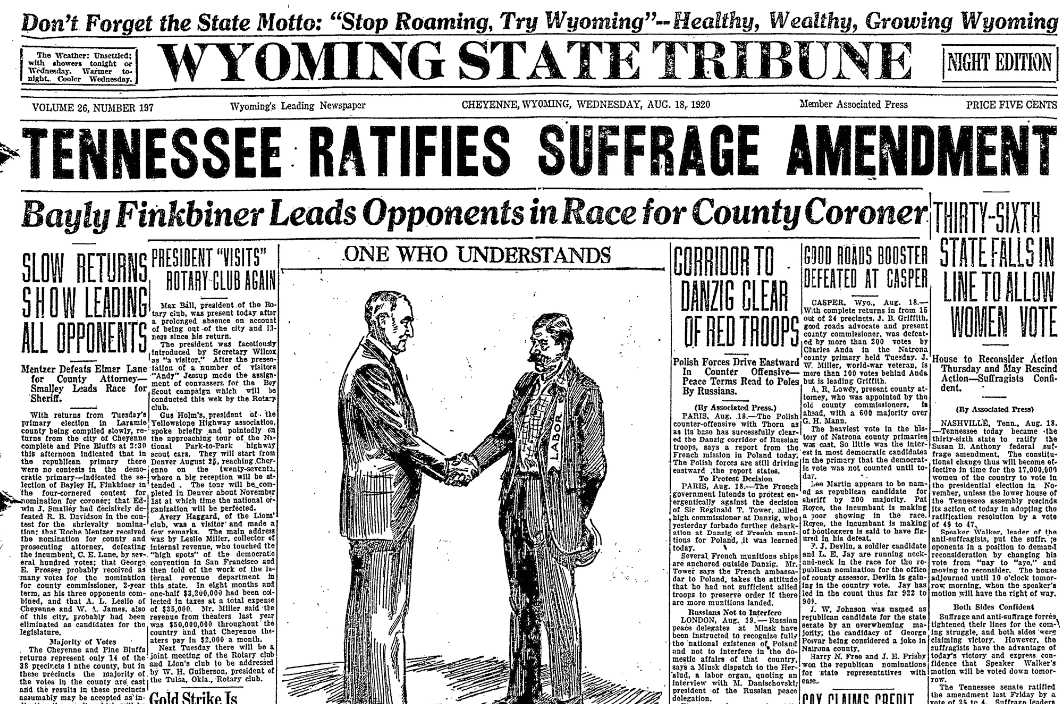
The Wyoming State Tribune reported the news on the very day Tennessee voted:
“Tennessee today became the thirty-sixth state to ratify the Susan B. Anthony federal suffrage amendment. The constitutional change thus will become effective in time for 17,000,000 women of the country to vote in the presidential election in November.”
Who had broken the tie? Few were surprised that the Tennessee House’s youngest member, Harry T. Burn, had worn an oppositional red rose when he walked into the chamber on August 18. After all, Burn’s political mentor and financial backer, state Senator H.W. Candler, had given a bitter speech against the 19th Amendment.
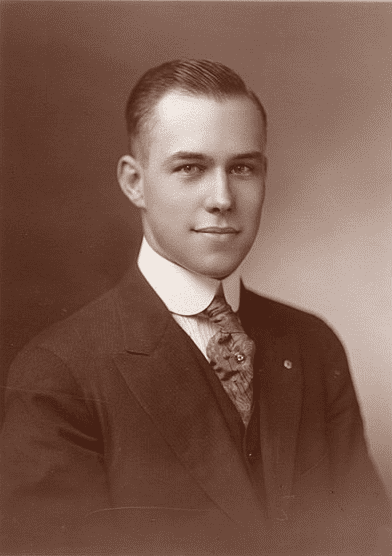
The Chattanooga News reported an accusation that Burn had changed his mind after taking a bribe. Who had come to his defense? His political mentor. “Candler Says Charges against Burn Are Too Ridiculous for Belief,” the paper’s headline declared.
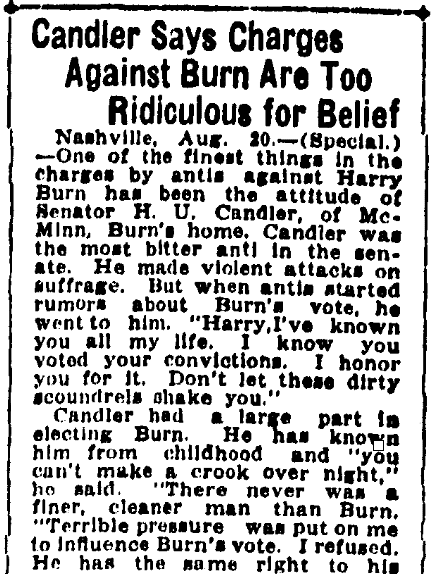
This article quoted Candler as saying:
“Harry, I’ve known you all my life. I know you voted your convictions. I honor you for it. Don’t let these dirty scoundrels shake you.”
The charges of bribery died away because of Candler’s defense.
“Burn Hailed as Hero of [the] Hour,” the Chattanooga News also reported that day in a parallel headline.
Burn explained that on the morning of the vote, he’d received a letter from his mother. Angry at Candler’s bitter speech against suffrage, his mother encouraged Burn to ratify the amendment.
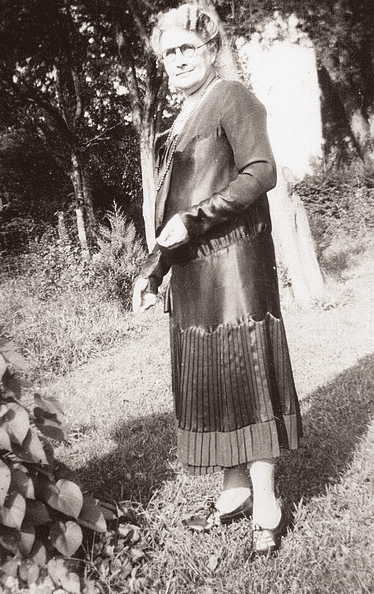
A widow, his mother Febb Burn ran the family business. The fact that her employees could vote but she couldn’t bothered her son. Changing his mind, Burn broke the tie and cast the deciding vote for the 19th Amendment because of his mother. Speaker Walker changed his vote after he saw Burn’s flip.
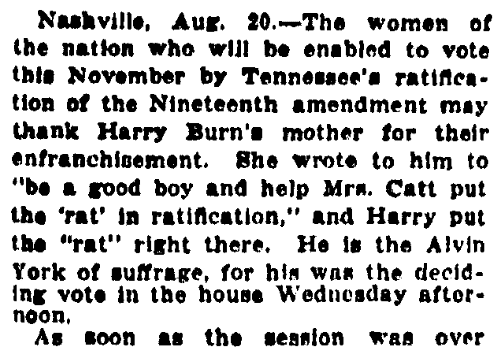
As I write about in my new book, Resilience on Parade: Short Stories of Suffragists and Women’s Battle for the Vote, the idea of women voting began in March 1776 when Abigail Adams asked her husband John Adams to remember the ladies. It ended in August 1920 because a son remembered a lady: his mother.
Jane Hampton Cook is the author of ten books, including her new book Resilience on Parade: Short Stories of Suffragists & Women’s Battle for the Vote.
